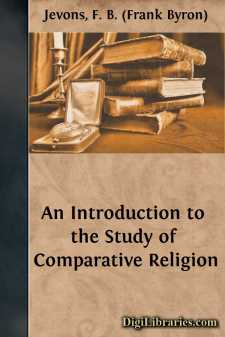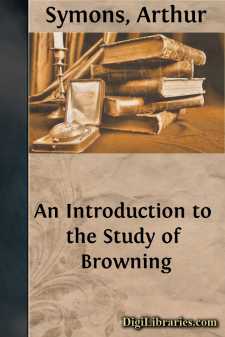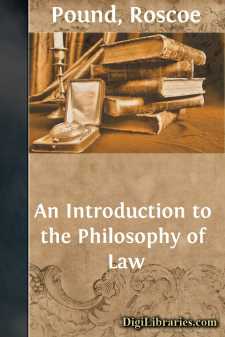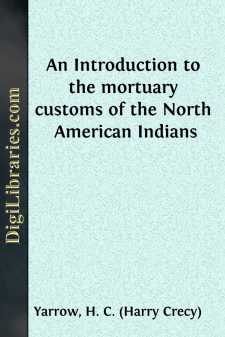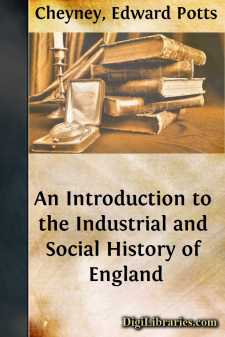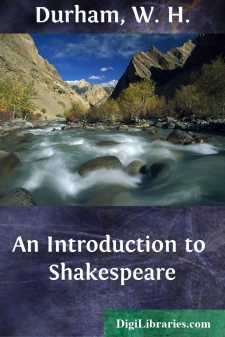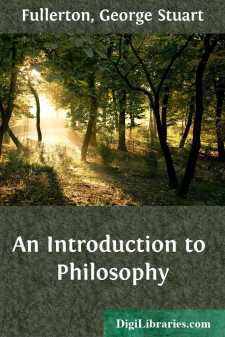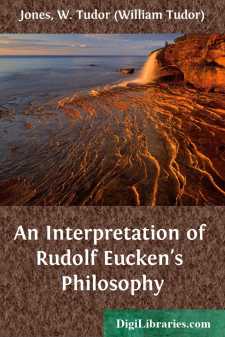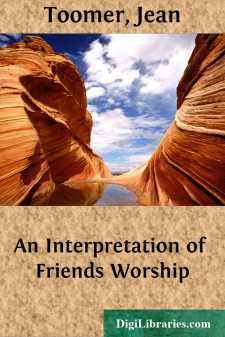Categories
- Antiques & Collectibles 13
- Architecture 36
- Art 48
- Bibles 22
- Biography & Autobiography 813
- Body, Mind & Spirit 142
- Business & Economics 28
- Children's Books 16
- Children's Fiction 13
- Computers 4
- Cooking 94
- Crafts & Hobbies 4
- Drama 346
- Education 46
- Family & Relationships 57
- Fiction 11829
- Games 19
- Gardening 17
- Health & Fitness 34
- History 1377
- House & Home 1
- Humor 147
- Juvenile Fiction 1873
- Juvenile Nonfiction 202
- Language Arts & Disciplines 88
- Law 16
- Literary Collections 686
- Literary Criticism 179
- Mathematics 13
- Medical 41
- Music 40
- Nature 179
- Non-Classifiable 1768
- Performing Arts 7
- Periodicals 1453
- Philosophy 64
- Photography 2
- Poetry 896
- Political Science 203
- Psychology 42
- Reference 154
- Religion 513
- Science 126
- Self-Help 84
- Social Science 81
- Sports & Recreation 34
- Study Aids 3
- Technology & Engineering 59
- Transportation 23
- Travel 463
- True Crime 29
Sort by:
INTRODUCTION The use of any science lies in its application to practical purposes. For Christianity, the use of the science of religion consists in applying it to show that Christianity is the highest manifestation of the religious spirit. To make this use of the science of religion, we must fully and frankly accept the facts it furnishes, and must recognise that others are at liberty to use them for...
more...
by:
Arthur Symons
A BIBLIOGRAPHY OF ROBERT BROWNING The following list of the published writings of Robert Browning, in the order of their publication, has been compiled mainly from Dr. Furnivall's very complete and serviceable Browning Bibliography, contained in the first part of the Browning Society's Papers (pp. 21-71). Volumes of "Selections" are not noticed in this list: there have been many in...
more...
by:
Roscoe Pound
The Function of Legal Philosophy For twenty-four hundred years—from the Greek thinkers of the fifth century B. C., who asked whether right was right by nature or only by enactment and convention, to the social philosophers of today, who seek the ends, the ethical basis and the enduring principles of social control—the philosophy of law has taken a leading rôle in all study of human institutions....
more...
The mortuary customs of savage or barbaric people have a deep significance from the fact that in them are revealed much of the philosophy of the people by whom they are practiced. Early beliefs concerning the nature of human existence in life and after death and the relations of the living to the dead are recorded in these customs. The mystery concerning the future love for the departed who were loved...
more...
GROWTH OF THE NATION To the Middle of the Fourteenth Century —The British Isles lie northwest of the Continent of Europe. They are separated from it by the Channel and the North Sea, at the narrowest only twenty miles wide, and at the broadest not more than three hundred. The greatest length of England from north to south is three hundred and sixty-five miles, and its greatest breadth some two...
more...
PREFACE In introducing the student to the history of the development of European culture, the problem of proportion has seemed to me, throughout, the fundamental one. Consequently I have endeavored not only to state matters truly and clearly but also to bring the narrative into harmony with the most recent conceptions of the relative importance of past events and institutions. It has seemed best, in an...
more...
by:
W. H. Durham
CHAPTER I AN OUTLINE OF SHAKESPEARE'S LIFE Our Knowledge of Shakespeare.—No one in Shakespeare's day seems to have been interested in learning about the private lives of the dramatists. The profession of play writing had scarcely begun to be distinguished from that of play acting, and the times were not wholly gone by when all actors had been classed in public estimation as vagabonds. While...
more...
I. INTRODUCTORY CHAPTER I THE MEANING OF THE WORD "PHILOSOPHY" IN THE PAST AND IN THE PRESENT I must warn the reader at the outset that the title of this chapter seems to promise a great deal more than he will find carried out in the chapter itself. To tell all that philosophy has meant in the past, and all that it means to various classes of men in the present, would be a task of no small...
more...
INTRODUCTION Rudolf Eucken was born at Aurich, East Frisia, on the 5th of January 1846. He lost his father when quite a child. His mother, the daughter of a Liberal clergyman, was a woman of deep religious experience and of rich intellectual gifts. When quite a boy he came at school under the influence of the theologian Reuter, a man of wonderful fascination to young men. The questions of religion and...
more...
by:
Jean Toomer
INTRODUCTION I was not more than ten years old when I first heard mention of the Quakers. The grown-ups of my family were talking among themselves, speaking of an uncle of mine who lived in Philadelphia and operated a pharmacy near the university. I had never seen this uncle and was curious about him, so my ears were open. Presently a reference to the Quakers caught my attention. I wanted to know who...
more...


